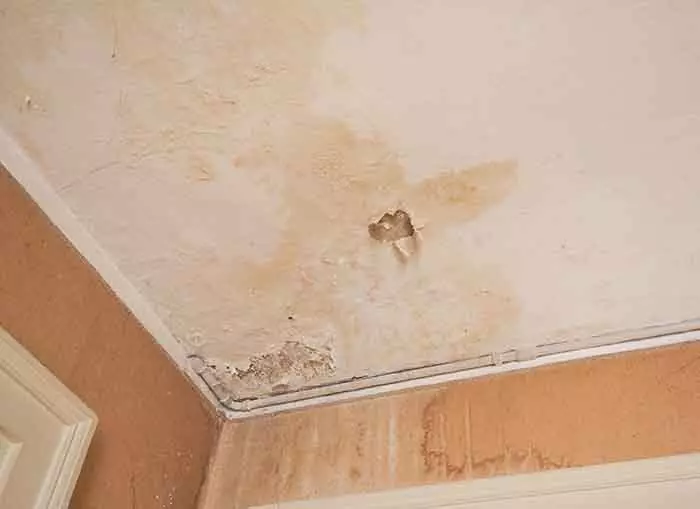
What Repairs Should Your Landlord Fix?
Common types of housing disrepair include:
- Damp and mould caused by leaks or poor ventilation
- Broken heating systems leaving your home cold
- Structural damage like cracks in walls or unsafe floors
- Leaking roofs, gutters, or plumbing issues
- Faulty electrics that pose a safety risk
If you are experiencing any of these issues, Disrepair Legal can assess your case and guide you through the claims process.
When Can You Make a Housing Disrepair Claim?
You could be eligible to make a housing disrepair claim if:
- You have reported the issue to your landlord.
- Your landlord has failed to take action or has significantly delayed repairs.
- The disrepair has affected your health, safety, or quality of life.
Disrepair Legal specializes in helping tenants who have been ignored or mistreated by their landlords. We work to ensure you receive the repairs you need and the compensation you deserve.
Why Keeping Evidence Is Crucial
To support your claim, you need to keep records of all correspondence with your landlord. This includes:
- Copies of letters, emails, or messages reporting the issue.
- Photos and videos of the disrepair.
- Medical reports if the issue has impacted your health.
- Witness statements from other tenants or visitors.
Landlords typically have up to six months to carry out necessary repairs after being notified. If they fail to do so within a reasonable timeframe, Disrepair Legal can step in and take action on your behalf.
Take Action with Disrepair Legal Today
If your landlord has ignored your repair requests, don’t wait any longer. You could be entitled to claim thousands of pounds in compensation for the inconvenience, distress, and potential health risks caused by housing disrepair.
✅ Contact Disrepair Legal today to check if you’re eligible and take the first step toward getting the repairs and compensation you deserve.
🔗 Visit Disrepair Legal for expert support and guidance on making your claim today!